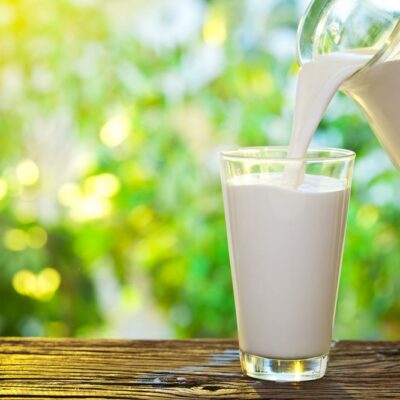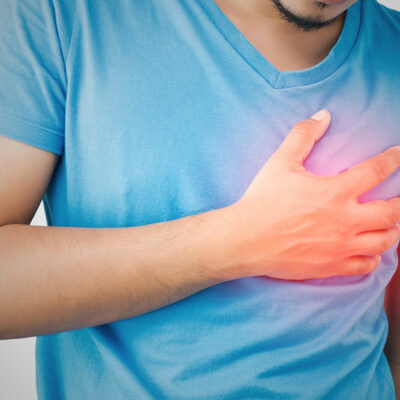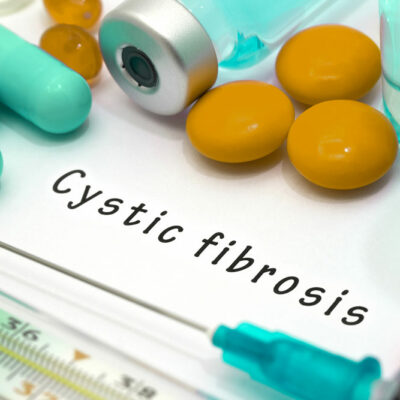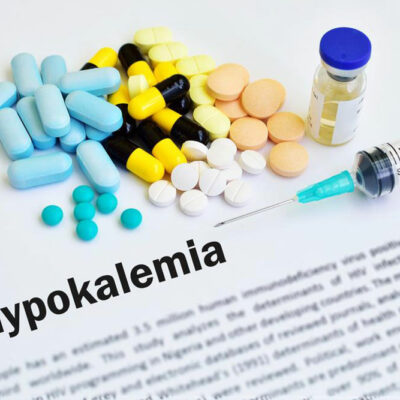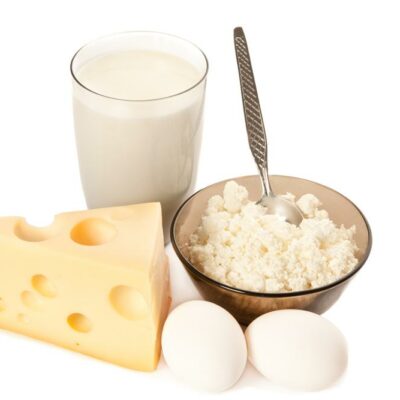
Health
Foods To Avoid Eating With Asthma
Asthma is a chronic health condition where the airways narrow, become swollen, and produce extra amounts of mucus. It makes breathing difficult, and causes shortness of breath, coughing, and wheezing. The condition can be minor is some people, but for others it is a major ailment that can often interfere with normal daily activities. It can sometimes lead to asthma attacks may be life threatening. The treatments for asthma include medication, and learning what the triggers are. Certain foods should be avoided if you have asthma, and a proper asthma diet should be considered: 1. Sulfites Foods containing sulfites are triggers for asthma attacks. These include wines, dried fruit, pickled foods, shrimp, bottled lime or lemon juice, and maraschino cherries. These foods are known to have an adverse effect on those who have asthma. 2. Eggs or dairy Eggs and dairy products are not recommended for people who have asthma and allergies. Asthma produces mucus, and these foods could act to increase the amount of mucus in the airways. Shellfish, wheat, and tree nuts have the same effect as dairy products. 3. Coffee, tea, and spices Foods containing salicylates may cause problems for people with asthma. This is very rare, but some asthma sufferers may have a sensitivity to coffee, tea, certain spices, and herbs.
Read More 
